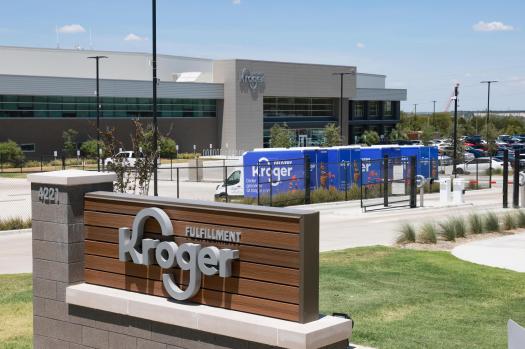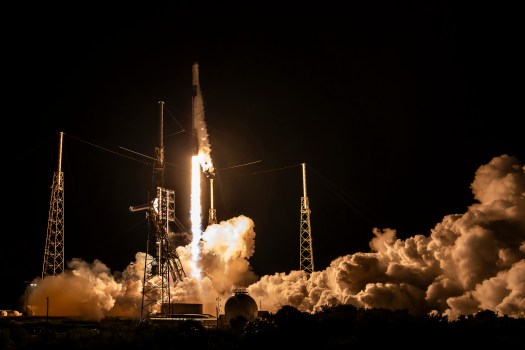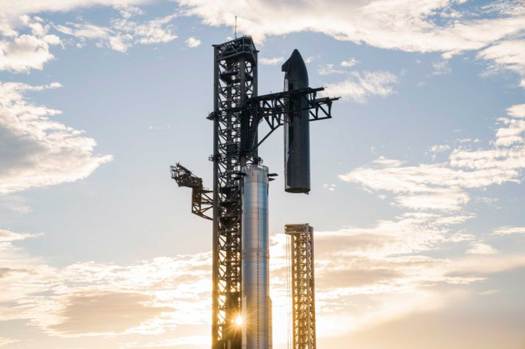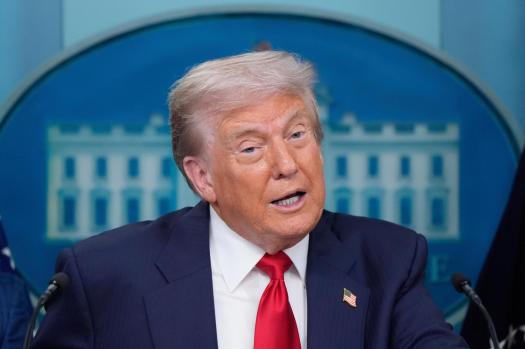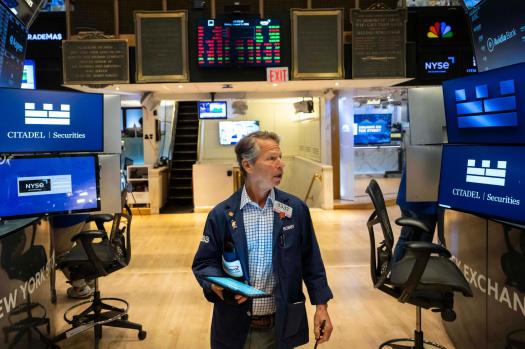During its first-quarter earnings call this month, grocery giant Kroger said that it will close around 60 underperforming shops over the course of the following 18 months. In addition, the business plans to open new locations this year and the following.
We’re streamlining our operations and examining areas that won’t contribute to our future expansion. At the June 20 earnings call, Ronald Sargent, chairman of Kroger and interim CEO, stated, “Unfortunately, not all of our stores are delivering the sustainable results we need today.”
We don’t take these decisions lightly, but they will increase the company’s efficiency, and Kroger will give all associates who are presently working at the impacted stores positions in other stores.
The precise stores that are being targeted for closure are still pending official confirmation.
King Soopers and City Market are owned by Kroger. According to their websites, King Soopers has 120 grocery stores spread throughout 37 cities in the state, while City Market has 32 locations spread across 27 cities.
A Kroger spokeswoman informed The Post that there are currently no additional facts to provide when asked if any sites in Colorado would be impacted.
Several stores in Illinois, Kentucky, Georgia, Indiana, Wisconsin, Texas, West Virginia, Virginia, and Tennessee are already facing shutdown, according to other media outlets.
Four of their represented stores will close, according to a statement released by United Food & Commercial Workers Local 400, which represents 35,000 members in the retail food, health care, department stores, food processing, and other industries in Maryland, Virginia, Washington, D.C., West Virginia, Ohio, Kentucky, and Tennessee.
In a statement, UFCW Local 400 Union President Mark Federici said, “Kroger’s preference for Wall Street investors over their customers and hard-working employees will directly harm the communities our members serve at these stores.”
For a supposedly small financial gain for the firm, closing these stores will not only reduce the number of solid, union jobs available, but it will also restrict access to food in rural areas where there are few or no other options for grocery shopping.
In the future, Kroger anticipates opening new locations in 2026 and later.
Although the locations of these new stores have not yet been disclosed, company executives stated that they will look at locations all across the nation, concentrating on regions where they have a competitive edge or room to expand.
Kroger had more than 2,700 locations as of February 1st, this year. Approximately 2.2% of its total locations will be closed.
Related Articles
-
BOXING
-
BILL ON S&L; RULES GOES TO CONGRESS
-
READING READINESS
-
LEESBURG ROTARY CLUB
-
SEXUAL HARASSMENT NO NEED TO PUT UP WITH IT
According to the firm, Kroger postponed shop closures in order to combine with Albertsons, another massive grocery chain.
The merger was first suggested by Kroger and Albertsons in 2022. They contended that merging would enable them to more effectively compete with major stores such as Costco and Walmart.
But last year, the Federal Trade Commission and two states—Colorado and Washington—filed a lawsuit to stop the merger, claiming that by removing competition, it would result in higher prices and lower salaries for workers.
The business anticipates a slight overall financial gain from the closures and intends to use the savings to enhance the client experience.
